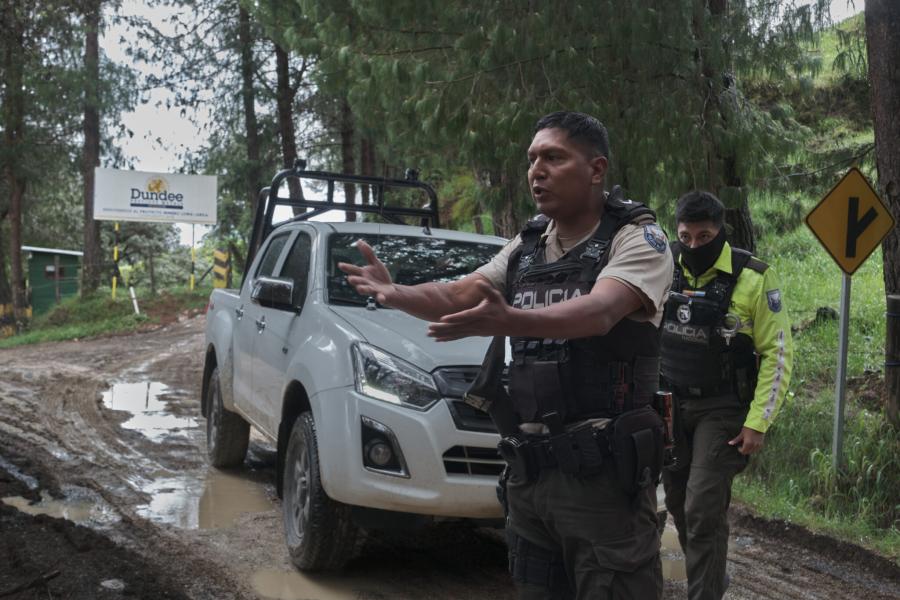Aboriginal Victories at Constitutional Talks
Although many issues are far from resolved, indigenous groups have succeeded in achieving an agreement with nine provinces, the territorial governments, and the federal government to enshrine their inherent right to self-government in the new Canadian constitution. The agreement would create a new and separate level of government for aboriginal peoples.
Canada's tenth province, Quebec, has boycotted negotiations since the Meech Lake Accord on the constitution broke down two years ago. But if Quebec's agreement can be secured, the aboriginal peoples of Canada will have won a victory that significantly alters the structure of government in Canada and their position in relation to non-aboriginal society. Securing the agreement of nine provinces and federal government is a major victory for Ovide Mercredi, chief of the Assembly of First Nations, the national body of elected chiefs.
Many issues remain undecided in particular how indigenous people in cities, as well as other living off reserves, will be governed. To allow time for further elaborating such details, the initial agreement commits aboriginal groups not to ask the courts to resolve the questions for five years. In the meantime, and independent tribunal would settle disputes. If the tribunal can't resolve a dispute, it will go to arbitration.
Oldman Dam Opponents Receive Support
The federally appointed panel conducting an environment assessment of the Oldman Dam in Alberta has issued its recommendations to the government. In a strongly worded report, the panel found that the dam is unacceptable for both environmental and economic reasons. The panel viewed the treatment of the Peigan during the building of the dam as "one of the most significant and unacceptable features of the project."
Court actions initiated by Alberta environmentalists and the Peigan Indian Nation had forced the federal government to conduct the assessment. While the review was in progress, however, the province had rushed ahead with construction. By the time the panel released its assessment in May, the dam was virtually complete.
In view of the indefensible nature of the Oldman Dam, the panel recommended to the relevant federal ministers that the dam be decommissioned. They also called for opening the values and tunnels to allow the Oldman River to flow freely.
On the day of the report's release, May 21, 1992, the federal government rejected its major recommendation to recommendation to decommission the dam. Instead, the federal government agreed with alternative recommendations to mitigate environmental impacts and begin negotiations with the Peigan immediately.
Milton Born With a Tooth, a Peigan activist who attempted to divert the Oldman River to avoid the dams, was elated with the panel report, but angry at the government's refusal to follow its key recommendation. "No more courts for me," he said. "No more panels, no more nothing. We don't need them anymore. If the valves are not open in the next few days or weeks, they better kill me before I get home, because I'm willing to die for this."
Arrests at Logging Blockade
Thirty-one members of the Cree Nation of Canoe Lake, Saskatchewan, were arrested in July at a blockade against logging. Those arrested included three pregnant women and eight elders.
The blockade is part of an effort to halt the clear cutting of forests in northwest Saskatchewan by NorSask Forest Products, Inc. Although the Canoe Lake Tribal Council had agreed to co-management of the area with the company, many people in Canoe Lake organized the Protectors of Mother Earth to oppose clear cutting.
In addition to Cree from Canoe Lake, the people at the blockade include Metis and Cree residents from several nearby communities. In addition, several hundred people have gathered at the site to provide food and support to the protesters.
Article copyright Cultural Survival, Inc.



